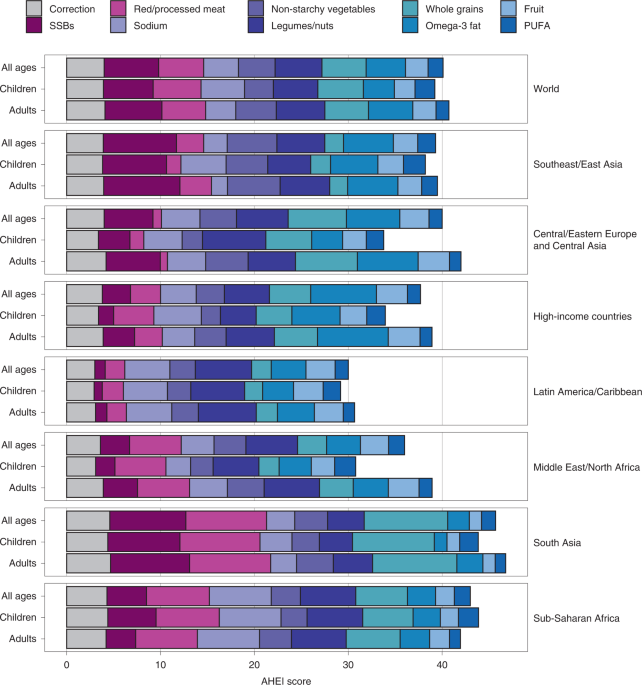
A. Obesity and metabolic diseases

Obesity and metabolic diseases such as type 2 diabetes are major public health challenges worldwide, characterized by chronic low-grade inflammation and dysregulated energy homeostasis. The hypothalamus, a key brain region involved in the regulation of appetite, energy expenditure, and glucose metabolism, has recently emerged as a critical site of inflammation in the context of metabolic dysfunction.
B. The Paper
Hypothalamic Inflammation in Obesity and Metabolic Disease explores the role of hypothalamic inflammation in the pathogenesis of obesity and metabolic disorders. The paper focuses on the complex interplay between metabolic dysregulation, immune responses, and neural circuits within the hypothalamus, shedding light on potential therapeutic targets for combating these conditions.
The paper discusses how various factors, including high-fat diet consumption, systemic inflammation, and cellular stress, can trigger inflammatory responses within the hypothalamus. These inflammatory signals disrupt the normal functioning of hypothalamic neurons and glial cells, leading to impaired energy balance and insulin sensitivity.
Furthermore, the paper explores the molecular mechanisms underlying hypothalamic inflammation, highlighting the role of pro-inflammatory cytokines, chemokines, and immune cell infiltration in driving metabolic dysregulation. They also mention the involvement of intracellular signaling pathways, such as the IκB kinase (IKK)/nuclear factor-κB (NF-κB) pathway and the c-Jun N-terminal kinase (JNK) pathway, in mediating the effects of inflammation on hypothalamic function.
Importantly, the paper explains the bidirectional communication between the hypothalamus and peripheral tissues, whereby hypothalamic inflammation can exacerbate systemic metabolic dysfunction, while metabolic signals from peripheral tissues can influence hypothalamic inflammation. This crosstalk between the central nervous system and peripheral organs contributes to the vicious cycle of obesity and metabolic disease.
Furthermore, the paper discusses potential therapeutic strategies for targeting hypothalamic inflammation in the treatment of obesity and metabolic disorders. Strategies aimed at modulating immune responses, restoring neuronal function, or enhancing metabolic flexibility within the hypothalamus hold promise for ameliorating metabolic dysfunction and improving overall health outcomes.


